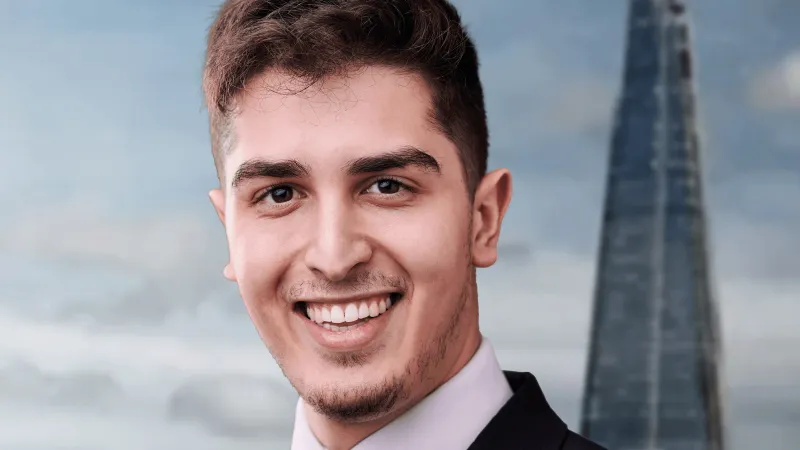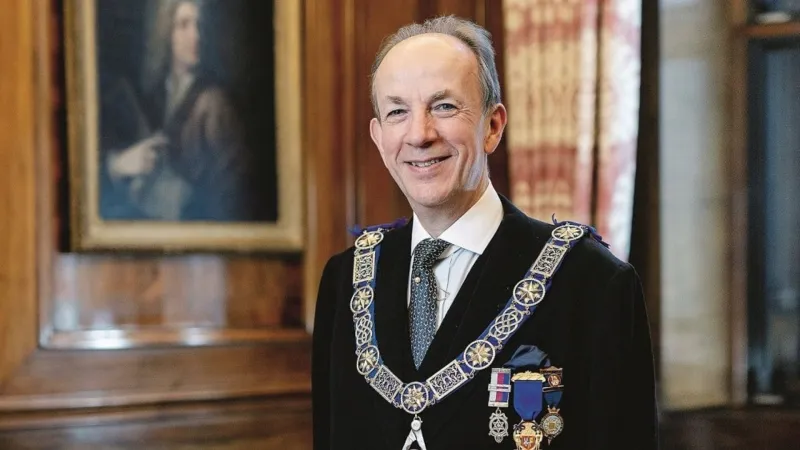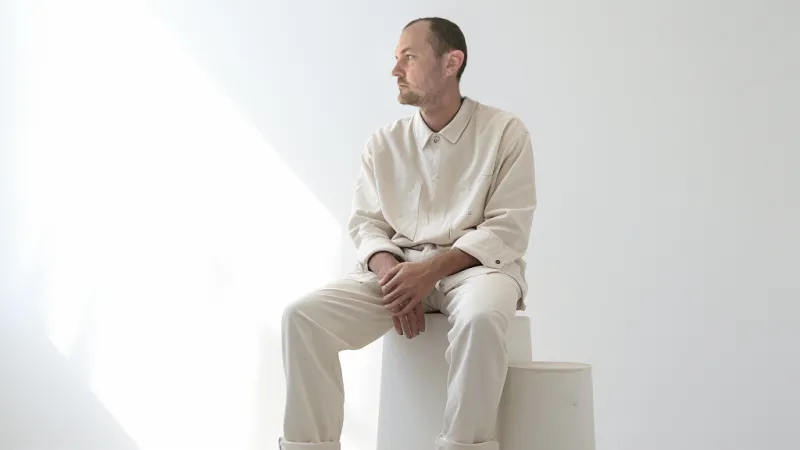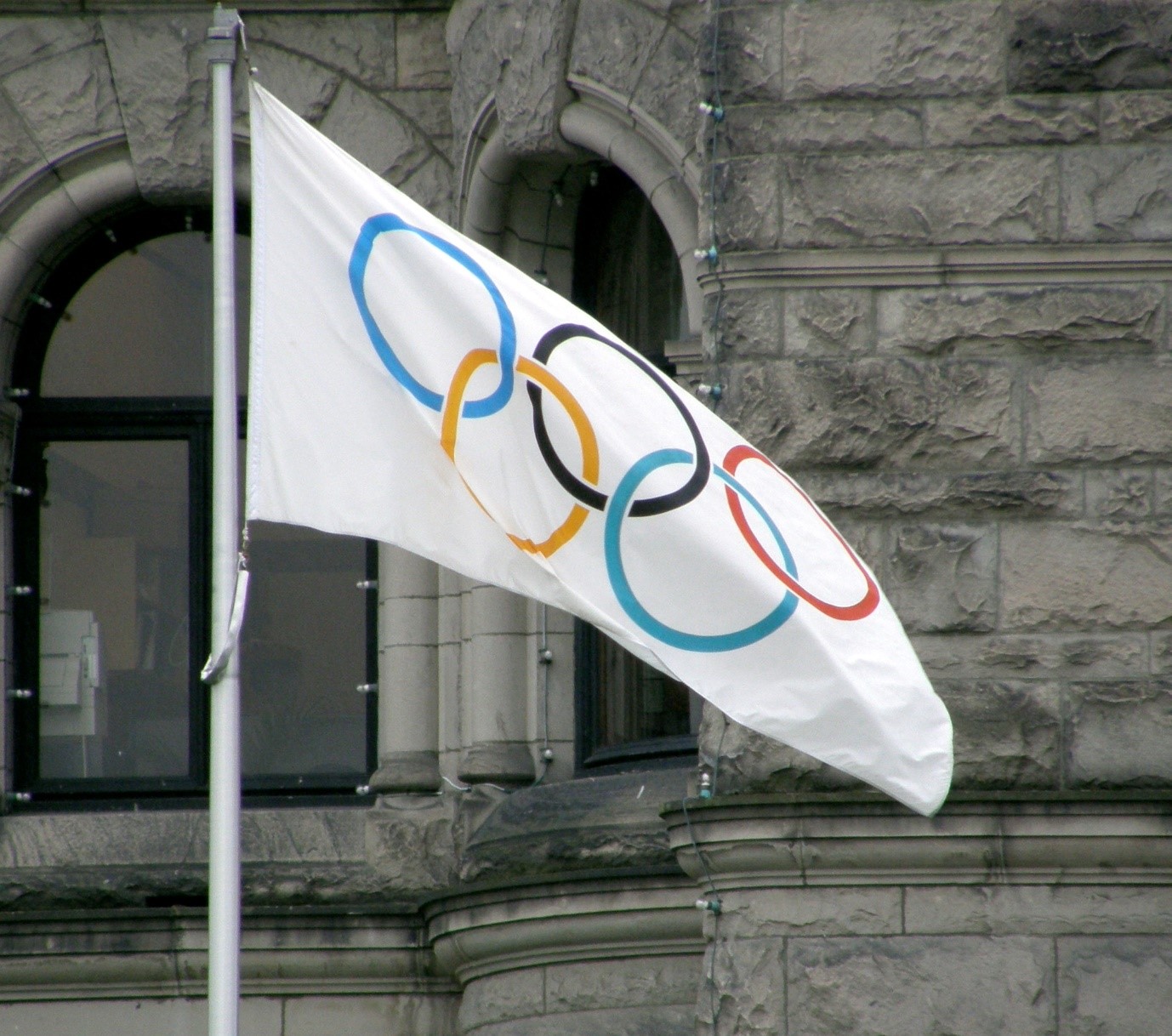
The modern Olympic Games were created by Pierre de Coubertin in 1894. They are organised by a governing body called the International Olympic Committee (IOC), with individual countries nominating a member through national bodies. As the world's gaze turns to Paris for the 2024 Summer Olympics, we're reminded of the rich tapestry of individuals who have graced the world's most prestigious sporting event.
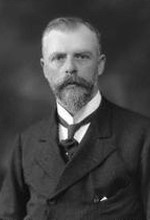
Arthur Oliver Villiers Russell, 2nd Baron Ampthill (1869-1935), was one of the original members of the IOC. As a student, he rowed in two successive Boat Race crews for Oxford University, where he also became a Freemason in Apollo University Lodge No. 357. He was the Pro Grand Master of the United Grand Lodge of England from 1908 until his death. Although he did not compete in the Olympics himself, several English Freemasons have taken part and won medals. As we anticipate the spectacle and unity that the Paris Olympics will bring, it's fitting to look back at these remarkable individuals. Here are five English Freemasons who have made their mark on the grand Olympic stage.
Harold Maurice Abrahams (1899 - 1978), Athletics
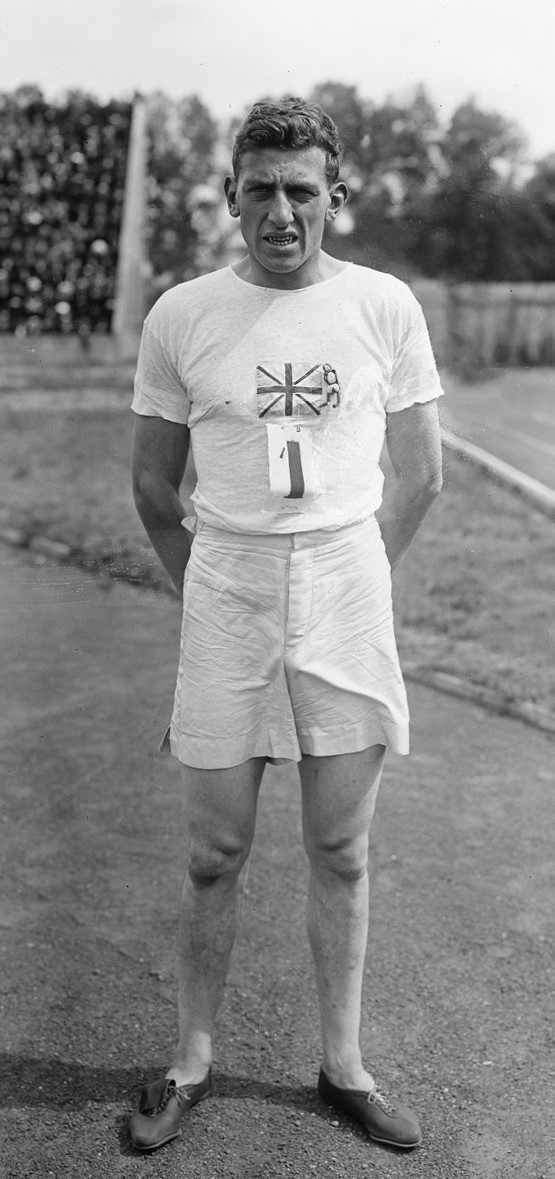
An outstanding university athlete at Cambridge, Abrahams won a gold medal running in the 100m and a silver medal in the 4 x 100m relay at the 1924 Paris Olympics. He had also competed in the 100m, 200m, and long jump at the 1920 Antwerp Olympics. Injury in 1925 ended his athletics career, but he became a successful barrister and sports journalist. He was initiated in Oxford and Cambridge University Lodge No. 1118 in 1925, and two years later, was the founder of Athlon Lodge No. 4674 with other members of the Amateur Athletic Association. Abrahams was one of the central characters of the film Chariots of Fire (1981) when he was portrayed by another English Freemason, Ben Cross (1947-2020). Arthur Porritt (1900-1994), the New Zealand sprinter who won the bronze medal behind Abrahams, also became an English Freemason, joining Apollo University Lodge in 1925. He was later Grand Master of the Grand Lodge of New Zealand.
Jack Beresford (1899 - 1977), Rowing
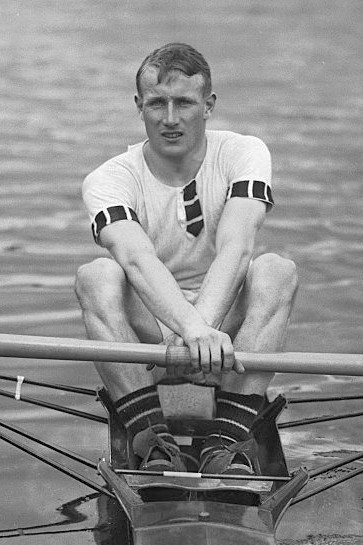
One of Great Britain’s most successful Olympians, Jack Beresford won medals at five successive Olympics from 1920 until 1936, including golds in the single sculls (Paris 1924), coxless fours (Los Angeles 1932), and double sculls (Berlin 1936). He was the first rower to compete at five successive games and would have competed at a sixth if the 1940 games had gone ahead. Beresford, who described winning gold at Berlin 'as the sweetest race I ever rowed,' became a member of the Organising Committee for the 1948 London Games. As a Freemason, he was a member of Argonauts Lodge No. 2243, London, a Lodge founded in 1888 by rowers meeting near Putney Bridge, the original starting place of the Oxford and Cambridge Boat Race. Rowland George (1905-1997), who won gold with Beresford in Los Angeles, was also a member of Argonauts Lodge.
Eileen Gray (1920-2015), Cycling
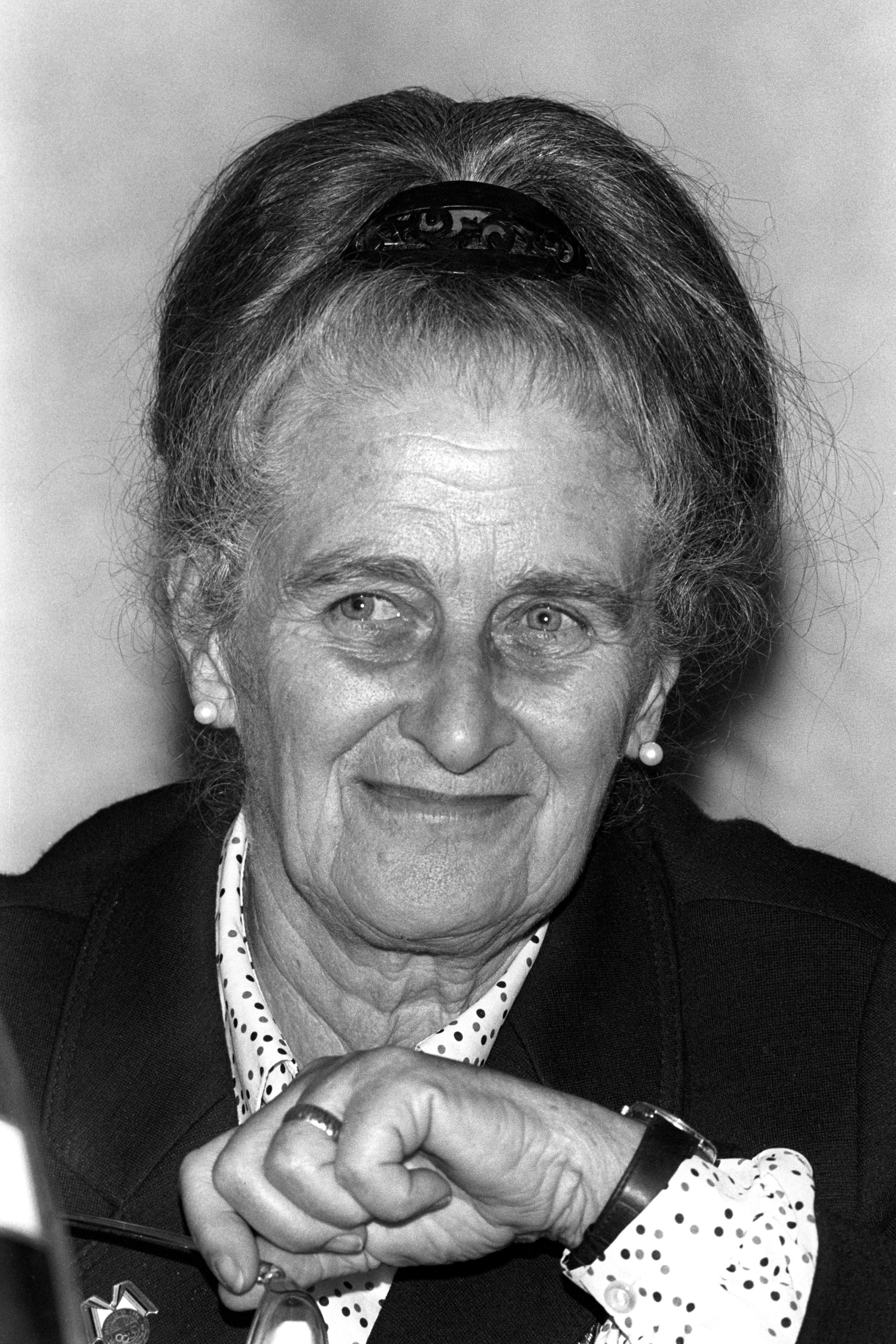
Past Grand Master of the Honourable Fraternity of Ancient Freemasons (Freemasonry for Women) and an active Freemason for over fifty years, Eileen Gray was one of the pioneers of women’s cycling. After taking up cycling as an engineer during the Second World War, Gray became a member of Great Britain’s first-ever women’s international cycling team in 1946. She founded the Women's Cycle Racing Association in 1949 and was later elected president of the British Cycling Federation. Gray tirelessly campaigned for women’s cycling to become an Olympic sport, which was achieved in 1984, and in 1988, she was appointed the first female vice-chair of the British Olympic Committee. In 2010, she was inducted into the British Cycling Hall of Fame, and two years later, was a 91-year-old torch bearer for the 2012 London Olympics.
Thomas William Green (1894 - 1975), Athletics
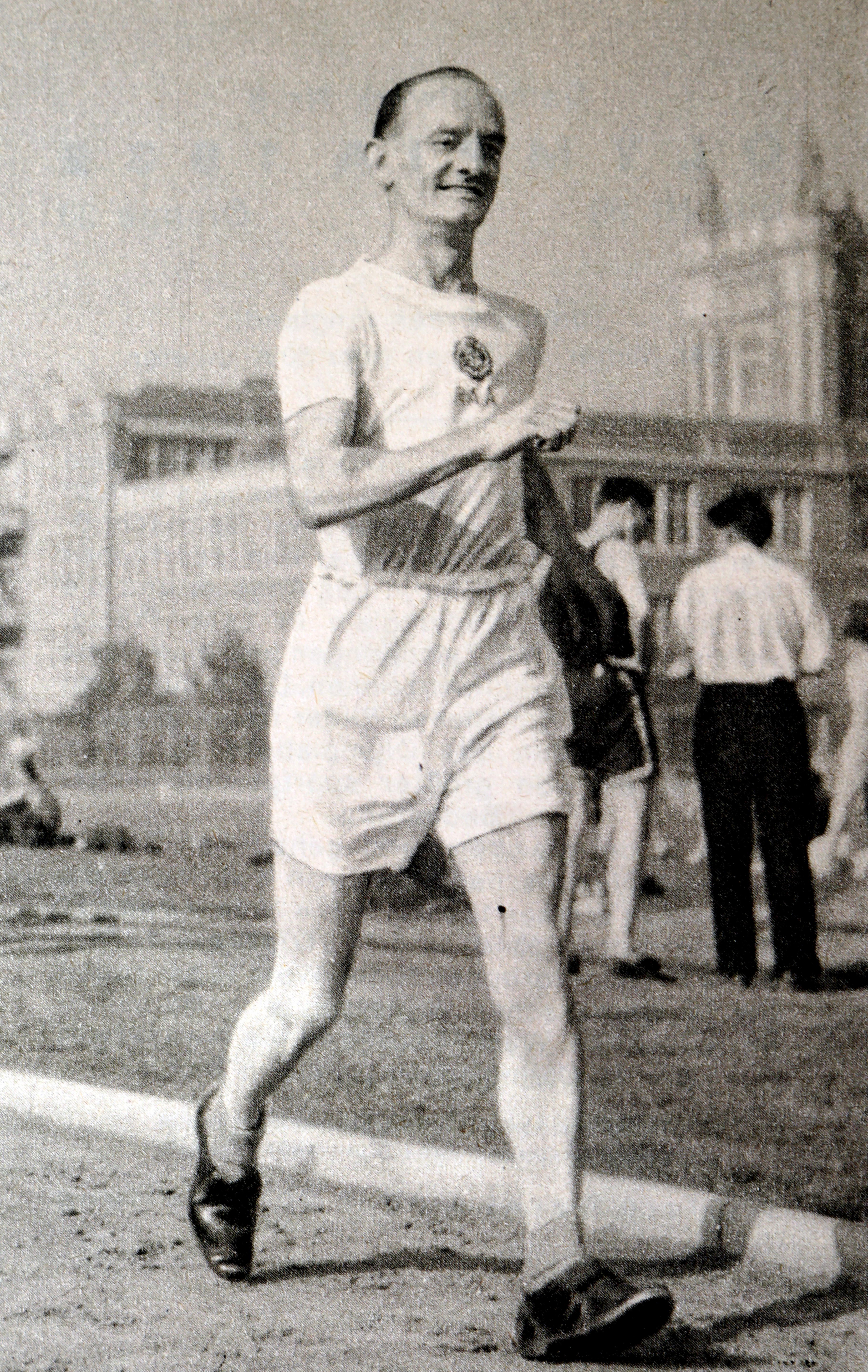
Green suffered from rickets as a child and then lied about his age to join the army at age 12 in 1906. During the First World War, he was wounded three times and gassed. Green took up sprinting and amateur boxing to counteract the damage caused to his lungs by gas, but he found that his best discipline was race walking. At the 1932 Los Angeles Olympics, at the age of 38, he overcame exceptional heat to win the gold medal in the 50km walk and remains the oldest-ever winner of this Olympic event. Joining Beach Lodge No. 2955, Southampton, in 1942, he remained an active Freemason for the rest of his life and was a Provincial Junior Grand Deacon for Hampshire and the Isle of Wight in 1970.
Richard Kenneth Gunn (1871 - 1961), Boxing
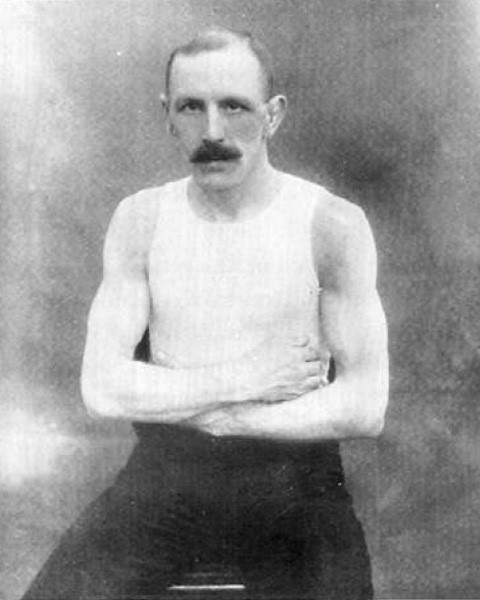
Gunn was a British amateur boxing champion from 1894 to 1896. His skill surpassed so many of his rivals that the Amateur Boxing Association asked him to retire after he won his third title. At the age of 37, he came out of retirement to win the featherweight gold medal at the 1908 London Olympics and is the oldest man to win an Olympic boxing title. Gunn was a London publican who joined Remus Lodge No 4760 in 1928. He remained a member until his death in 1961 at the age of 90.
From Jack Beresford's rowing feats to Eileen Gray’s trailblazing revolution in the world of cycling, these five English Freemasons have left an indelible mark on Olympic history. Their stories reveal more than medal tallies; they showcase their undying commitment and ever-blazing flames of self-belief.
As the Paris Olympics beckons, these inspirational tales remind us of the long-lasting connections between Freemasonry and the world of sports. Freemasonry also shares rich ties with the world of football. Dive into this blog post to discover more!
Also, be sure to check out our website to learn more about other famous Freemasons throughout history.
